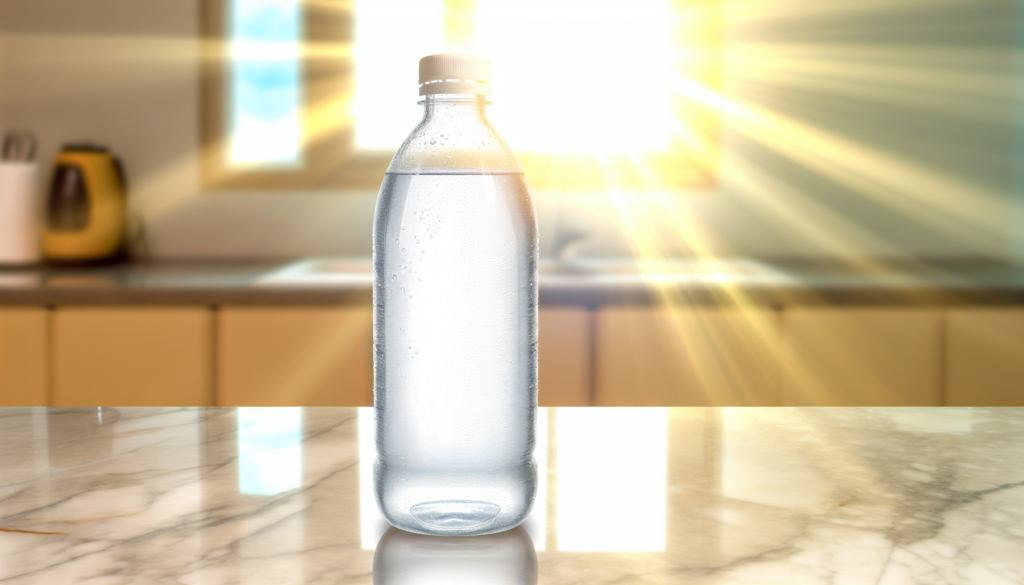Achieving glass skin—a term popularized by Korean beauty enthusiasts—refers to a complexion so smooth and radiant that it resembles glass. While this skincare goal may seem challenging for those with oily skin, it’s entirely possible with the right approach. Oily skin often comes with concerns like excess shine, enlarged pores, and breakouts, but with a tailored routine, you can transform your skin into a glowing masterpiece. In this article, we’ll explore five simple steps to help you achieve glass skin for oily skin and unlock your skin’s natural radiance.
Understanding Glass Skin and Oily Skin
Before diving into the steps, it’s essential to understand what glass skin truly means. It’s not just about having a shiny or dewy complexion; it’s about achieving a healthy, hydrated, and even-toned appearance. For those with oily skin, the key is to balance hydration and oil production while addressing common concerns like acne and enlarged pores. The goal is to create a smooth, luminous canvas that reflects light beautifully.
Step 1: Cleanse Thoroughly but Gently
The foundation of any skincare routine, especially for oily skin, is a proper cleansing regimen. Oily skin tends to accumulate excess sebum, dirt, and impurities, which can clog pores and lead to breakouts. However, over-cleansing or using harsh products can strip the skin of its natural oils, triggering even more oil production.
- Opt for a gentle, foaming cleanser that removes impurities without drying out your skin.
- Cleanse twice daily—once in the morning and once at night—to keep your skin fresh and clean.
- Consider double cleansing in the evening to remove makeup and sunscreen effectively.
Step 2: Exfoliate Regularly
Exfoliation is crucial for achieving glass skin because it helps remove dead skin cells that can make your complexion look dull. For oily skin, exfoliation also helps unclog pores and prevent breakouts. However, it’s important to exfoliate wisely to avoid irritating your skin.
- Use a chemical exfoliant with ingredients like salicylic acid or glycolic acid, which are gentle yet effective for oily skin.
- Limit exfoliation to 2-3 times a week to prevent over-exfoliation, which can damage your skin barrier.
- Always follow up with a hydrating product to replenish moisture.
Step 3: Hydrate with Lightweight Products
One of the biggest misconceptions about oily skin is that it doesn’t need hydration. In reality, dehydrated skin can overproduce oil, exacerbating the problem. The key is to use lightweight, non-comedogenic products that hydrate without clogging pores.
- Look for hydrating toners or essences that contain ingredients like hyaluronic acid or aloe vera.
- Avoid heavy creams and opt for gel-based moisturizers that absorb quickly into the skin.
- Layering lightweight products can provide deep hydration without feeling greasy.
Step 4: Incorporate Niacinamide into Your Routine
Niacinamide, a form of vitamin B3, is a powerhouse ingredient for oily skin. It helps regulate sebum production, minimizes the appearance of pores, and improves skin texture—all of which are essential for achieving **glass skin**.
- Use a serum or treatment product with a concentration of 5-10% niacinamide.
- Apply it after cleansing and toning but before moisturizing for maximum absorption.
- Consistent use can lead to a more balanced and radiant complexion.
Step 5: Protect Your Skin with Sunscreen
No skincare routine is complete without sunscreen, especially when aiming for **glass skin**. Sun damage can lead to uneven skin tone, hyperpigmentation, and premature aging, all of which can detract from your skin’s natural glow.
- Choose a lightweight, oil-free sunscreen with at least SPF 30.
- Apply it every morning, even on cloudy days, to protect your skin from harmful UV rays.
- Reapply throughout the day if you’re spending time outdoors.
Additional Tips for Maintaining Glass Skin
While the five steps above are essential, there are a few additional practices that can help you maintain your **glass skin** glow:
- Stay hydrated by drinking plenty of water throughout the day.
- Maintain a healthy diet rich in antioxidants, vitamins, and omega-3 fatty acids.
- Get enough sleep to allow your skin to repair and regenerate overnight.
- Avoid touching your face to prevent the transfer of dirt and bacteria.
Conclusion
Achieving **glass skin for oily skin** is all about balance—balancing hydration and oil production, exfoliation and gentleness, and protection and repair. By following these five simple steps and incorporating additional healthy habits, you can transform your complexion into a radiant, glass-like masterpiece. Remember, consistency is key, and with patience and dedication, you’ll see the results you’ve been dreaming of. If you found these tips helpful, feel free to share this article with your friends and followers!







